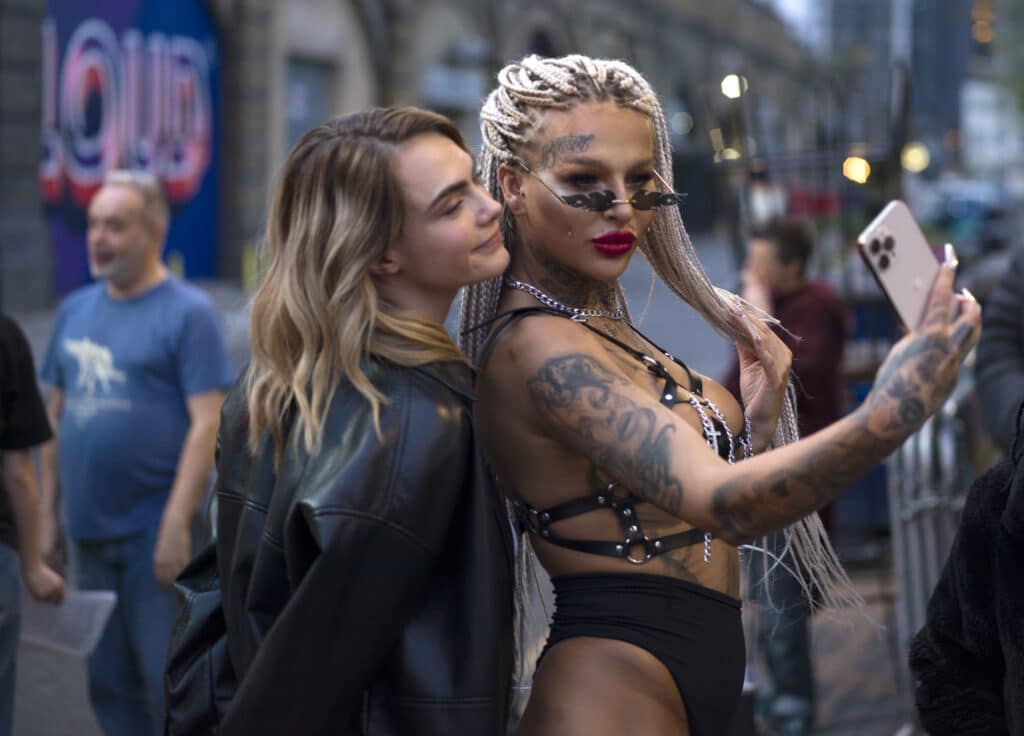Cara Delevingne says internalised homophobia drove her to dark place: ‘I couldn’t talk to anyone’

Cara Delevingne. (Getty)
Cara Delevingne has opened up about experiencing suicidal thoughts as a result of internalised homophobia.
The model and actor hosts the new BBC Three documentary, Planet Sex in which she travels the world “exploring gender, sexuality and our deepest desires”.
Delevingne first came out in 2018 and entered a high profile relationship with fellow actor Ashley Benson, before they broke up in 2020.
However, as Delevingne opened up about in the documentary, her relationship with her sexuality has not always been easy.
“I couldn’t talk to anyone about it,” she said in Planet Sex, “I had a lot of internalised homophobia and shame. I thought that I was abnormal.
“I thought about ending my life, like I had multiple times, and I’m so glad I didn’t because if I can help any other kid that means the world to me. It means the world to that little queer kid I was. Or I am.”

Cara Delevingne in new BBC Three Documentary, Planet Sex. (BBC)
Delevingne has since been vocal about her journey, and was one of the Vogue cover stars celebrating 50 years of Pride in August.
“If I could give my younger self a message, it would be to love yourself. It sounds so cliché, but I would also say accept yourself, be yourself,” she said at the time.
Over the years Cara Delevingne has changed how she identifies, first coming out as bisexual, then pansexual but now settling with “queer”.
Speaking to the BBC about why she chose queer, she said: “I felt like I don’t know what letter I am!
“Queer felt fluid and free. It didn’t put too much pressure on anything I was deciding to be.
“Sexuality is definitely a spectrum, and I feel like mine wavers, but I’m definitely more on the side of women. I like having sex with men, I just don’t date them.”
As for her gender identity, she added: “The constructs and binaries that are given are stupid. I’m proud to be a woman, but I don’t have to sit in a box.
“I’m definitely genderfluid. I love playing with what we’ve been given as those gender constructs. Being super femme, being super masc, mixing it all up in one big cauldron.”
Suicide is preventable. Readers who are affected by the issues raised in this story are encouraged to contact Samaritans on 116 123 (www.samaritans.org), or Mind on 0300 123 3393 (www.mind.org.uk). Readers in the US are encouraged to contact the National Suicide Prevention Line on 1-800-273-8255.

